Snow days were my favorite days of grade school. I would wake up extra early to stand in my living room to peer through the glass toward the snow-covered trees. Outside, the world lay quiet and beautiful, utterly reimagined.
When a winter storm struck New York with heavy snow early this March, Mayor Eric Adams reopened his COVID-19 playbook and, instead of canceling school, called for a virtual school day. Though a good idea on paper, the execution of New York’s plan proved problematic — over a million students and teachers weren’t able to attend class. What should have been a memorable day off from school with snowmen building and sledding turned into a tech disaster, frustrating students and teachers alike.
New York’s botched snow day is part of a growing trend of misguided attempts to replace basic in-person experiences with virtual substitutes — substitutions that make us less productive and neglect the importance of face-to-face interactions.
When I think back to the accidental knowledge I’ve gained by being at school — fashion trends, the $8 student deal at Piada or Yo Yo Ma’s concert — I worry that future students may miss out on the serendipitous discoveries I had. How will they stumble upon their passions or make connections that spark new interests? After all, true innovation rarely happens in isolation. Can you name something big that didn’t start from getting a group of people in a room together?
In person, we are surprisingly more productive even though we work fewer hours. Small injections of exercise walking from place to place keep the mind fresh, and the stimulation of unique social situations keeps us engaged.
Contrast that with those two-minute chats that stretch into frustrating 10-minute virtual ordeals. Technical glitches, dropped calls and the inability to quickly demonstrate concepts feel like minor inconveniences but morph into a productivity-draining mess.
On the surface, it might seem easy to blame technology, but Zoom’s problems aren’t Zoom’s problems. Most tech companies peddling shallow imitations of real-world experiences are running into the same issues. Peloton is a prime example. Would you rather get off work and soak in the sunshine on a real cycling adventure, or turn the brightness up all the way on your Peloton screen and pretend you’re about to go blind? Physical activities offer exercise and boost fulfillment — it’s hard to compete with that.
Not only do substitutes for real-life experiences fall short, but they also hinder the deeper, abstract learning that happens through mentorship and observation. A good music teacher doesn’t just impart technique — they cultivate a love of listening. When students are inspired by their professors, their learning journey transcends mere knowledge. These subtle connections, the inspiration that makes learning personal, these things get lost in the digital divide.
So, back to that snow day. With the storm’s remnants still clinging to the trees, I raced to my friend’s house, eager to explore the transformed world. As we walked back, our nearby pond had frozen over — a whole new adventure waiting. “Let’s go ice skating!” I suggested. Cautiously, I tested the edge of the ice … it seemed solid enough. Eagerly, I moved toward the center of the ice … and then fell in with a resounding splash!
Even with the occasional mishap, let’s never forget the irreplaceable magic of those in-person moments, the ones that shape us long after the snow melts.
Eddie Phillips is an engineering senior and an opinion writer for The Battalion.




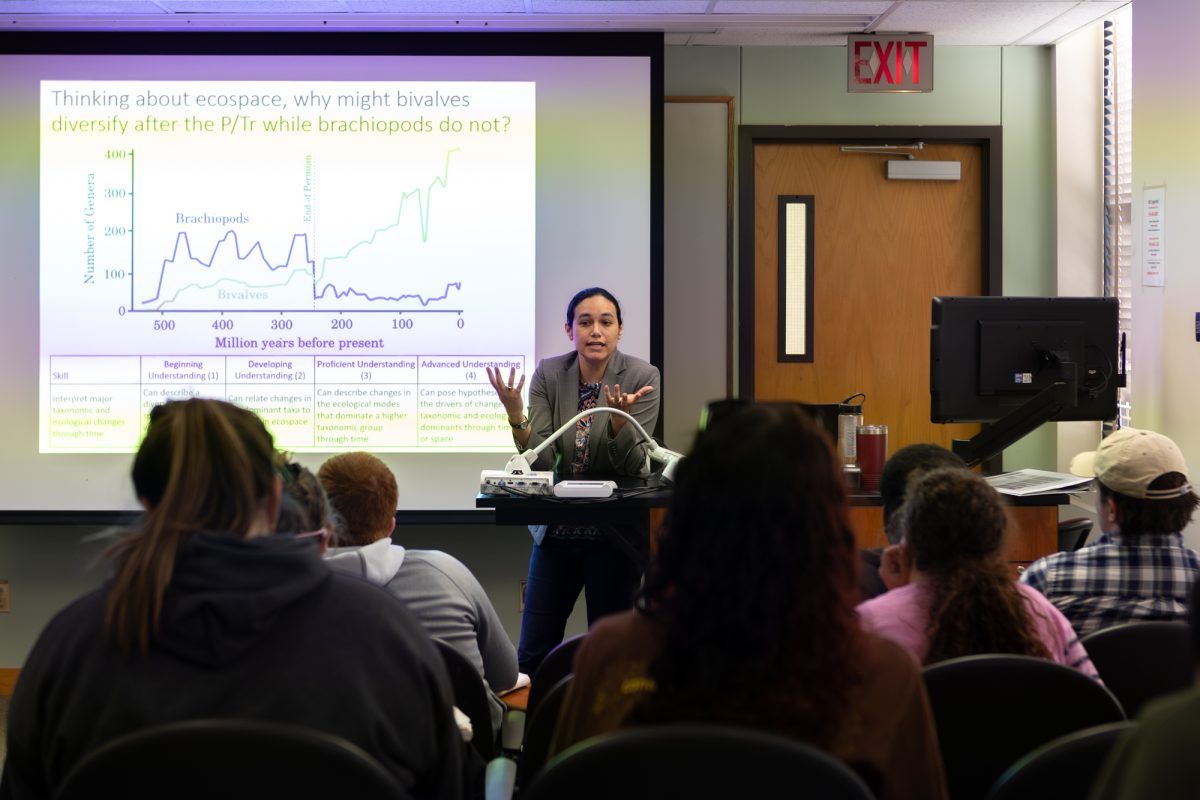




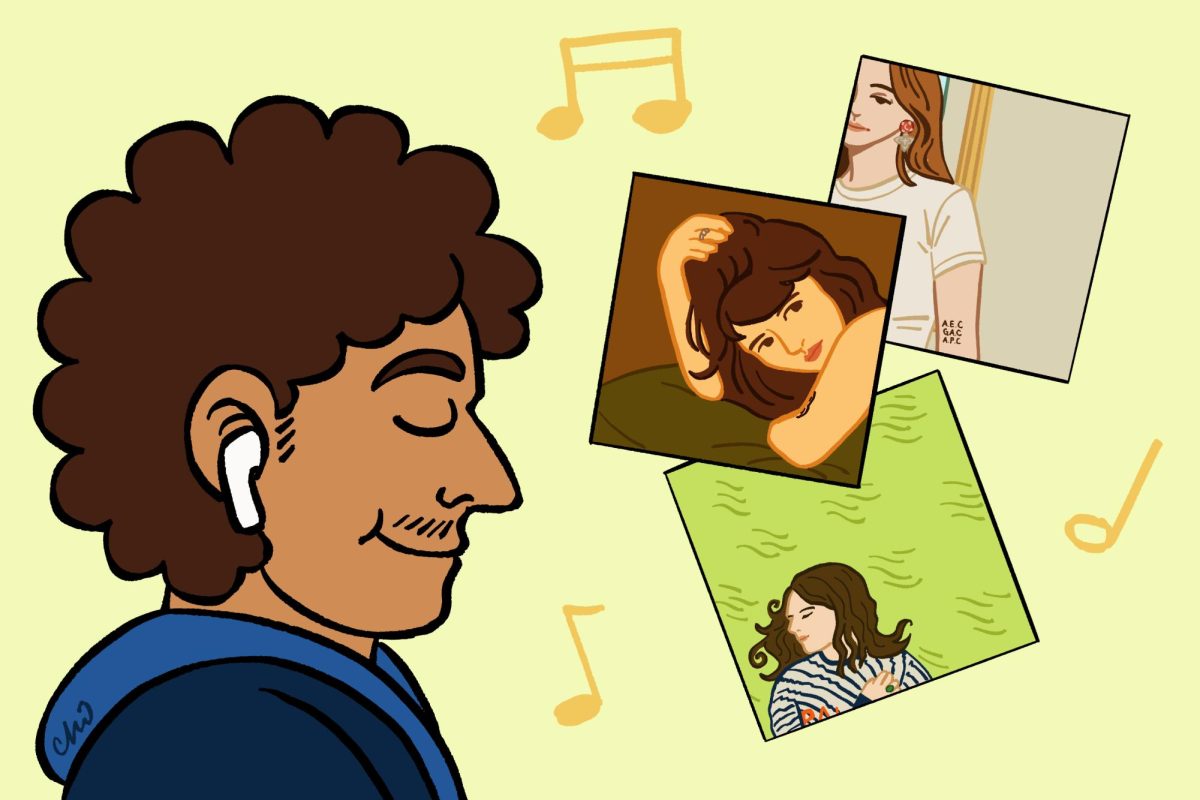
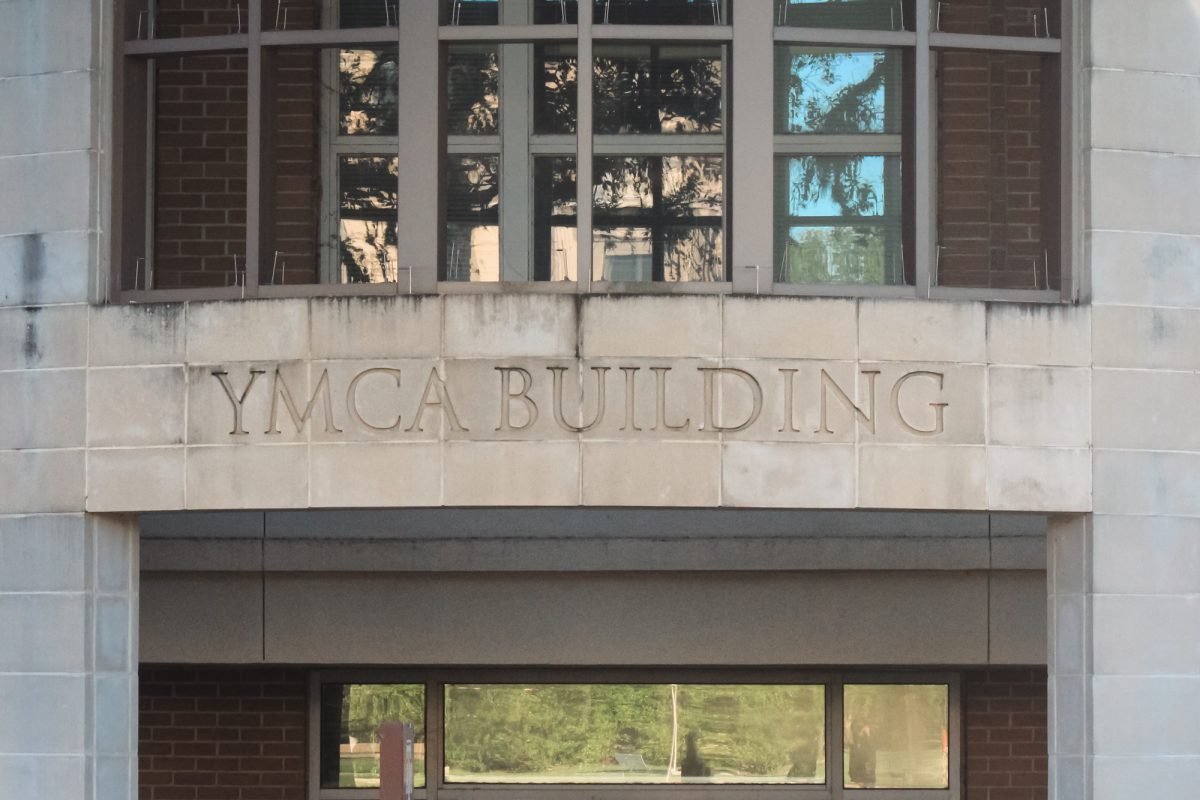


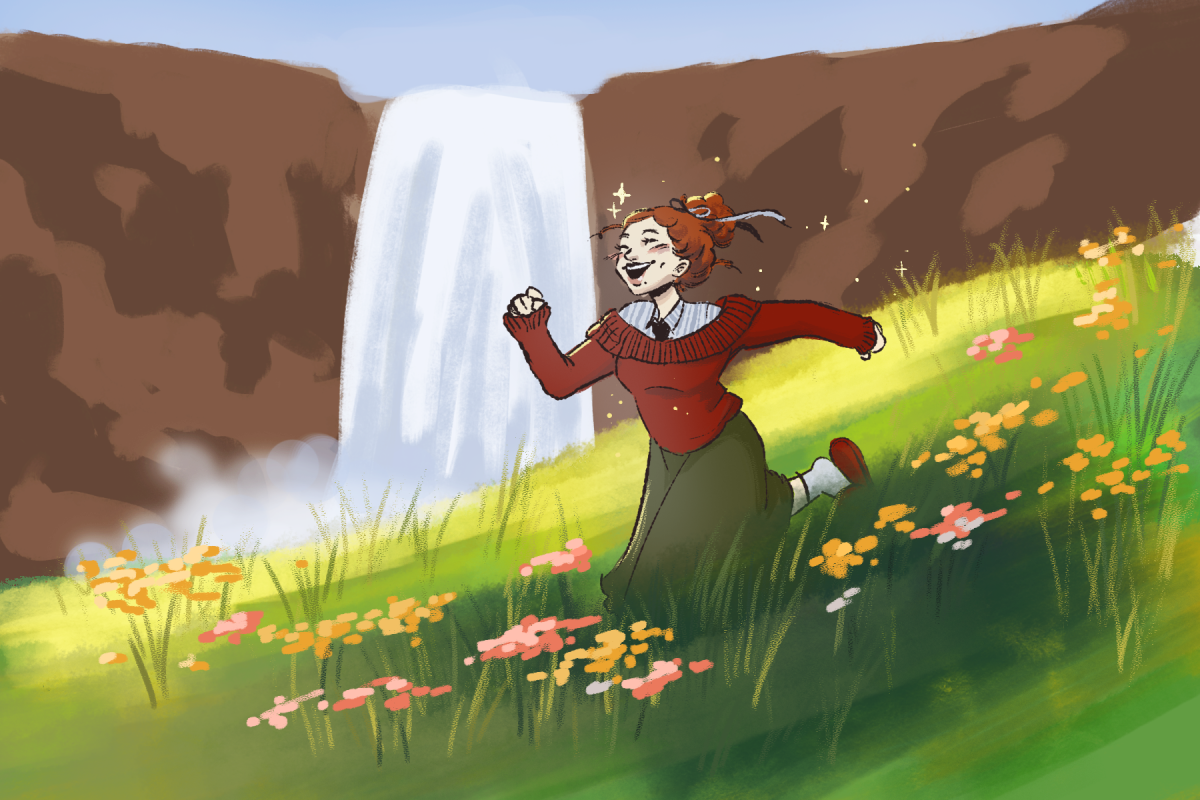
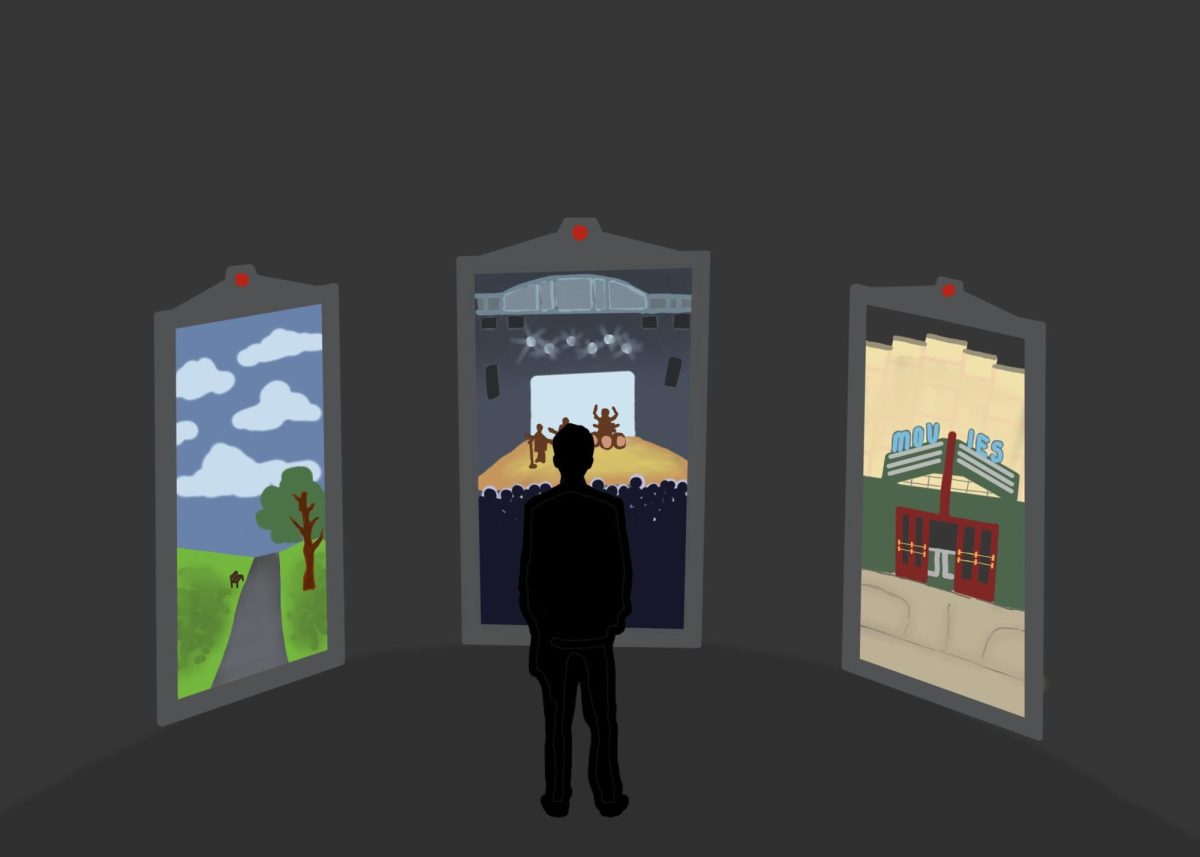
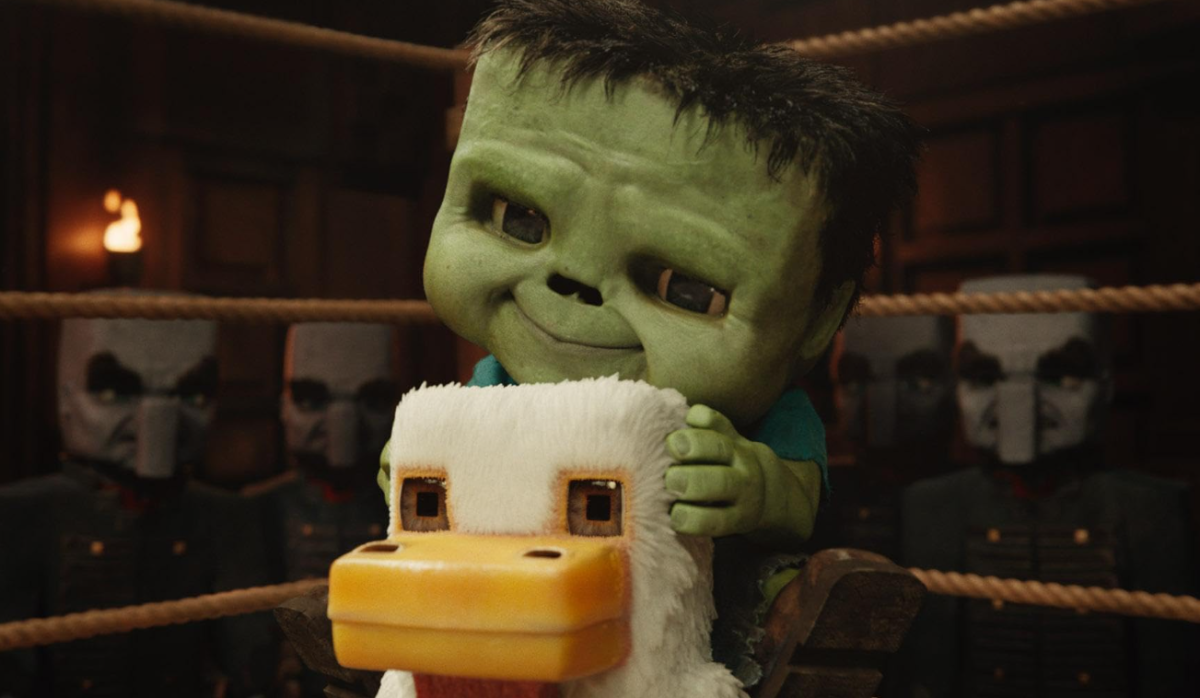
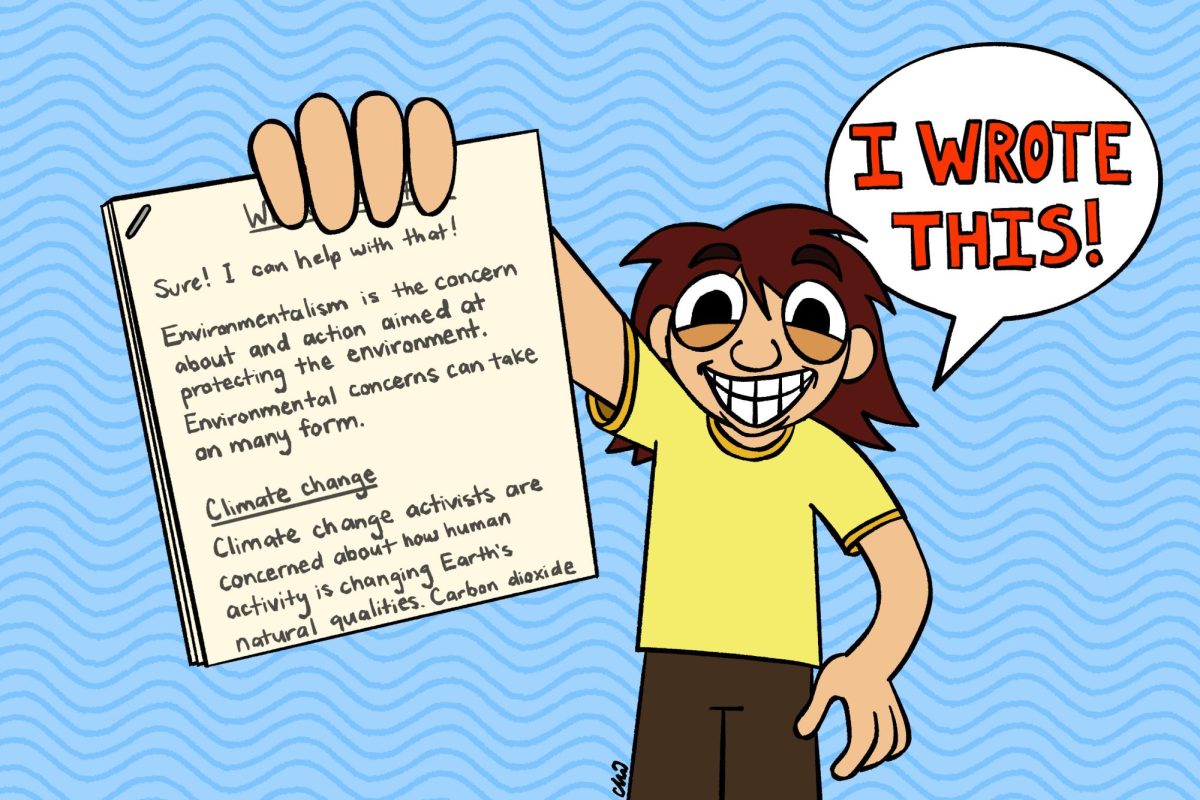
Antonio Mestanza • Apr 29, 2024 at 11:23 am
The article was an enjoyable and insightful read. Phillips has a great talent for finding this balance in his writing.
“After all, true innovation rarely happens in isolation.” this is a great line that we can all learn from and better internalize; even some of the brightest minds, namely Descartes, would have benefitted greatly from a better understanding of this notion.
isa • Apr 22, 2024 at 12:08 pm
YESS